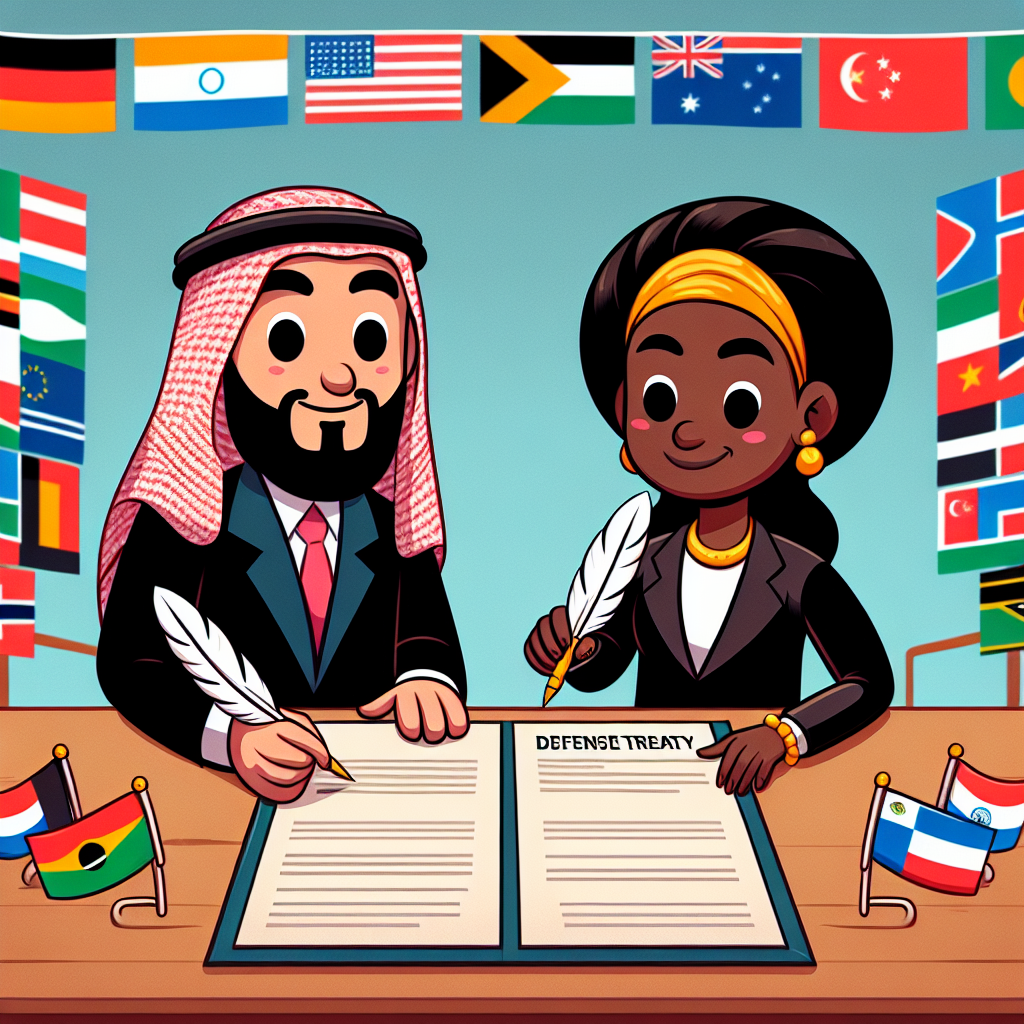Global Push in Busan: Nations Unite to Combat Plastic Pollution Crisis
In Busan, negotiators attempt to create a treaty addressing plastic pollution. The UN emphasizes the urgency, as nations and industry clash over solutions. Key concerns include production limits and waste management. The global plastic production could rise dramatically by 2040 without policy changes. Experts stress treaty importance to end this crisis.

- Country:
- South Korea
In an urgent effort to address the escalating crisis of plastic pollution, negotiators convened in Busan, South Korea, with the aim of drafting a binding international treaty. This marks the fifth such meeting, highlighting the daunting challenge of unifying diverse global interests in tackling plastic waste.
Representatives from nations and the plastics industry remain sharply divided, with countries like Saudi Arabia opposing production limits, citing the economic necessity of plastics. Despite US hesitance, there is a shift towards global reduction targets, reflecting the scale of the issue. Activists argue that voluntary measures are insufficient.
Research points to the need for stringent policies, predicting a 70% rise in plastic use by 2040 without intervention. Experts stress immediate action as vital for intergenerational justice, with innovative measures such as recycled materials and improved waste management identified as critical for transformation.
(With inputs from agencies.)










